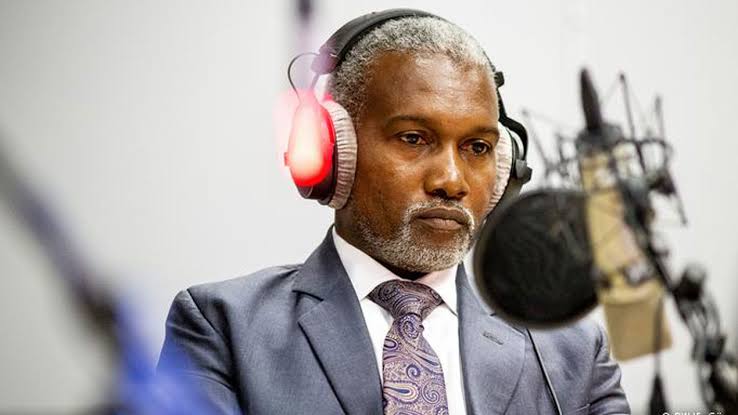CAF Ruling On Super Eagles Incident In Libya Triggers Mass Arrests And Fines For Nigerians

Following the Confederation of African Football’s (CAF) decision in response to the Nigeria Football Federation’s (NFF) complaint over the treatment of the Super Eagles in Libya, reports have surfaced of intensified arrests and fines targeting Nigerians in Libya. The controversy began when Nigeria’s national football team was held at Al-Abraq Airport for over 20 hours, disrupting their 2025 Africa Cup of Nations qualifier against Libya.
Initially scheduled to land in Benghazi and then travel to Benina for the match, the Super Eagles’ flight was unexpectedly redirected to Al-Abraq Airport, 150 miles from the intended destination, upon last-minute instructions to the Tunisian pilot. The ordeal forced the NFF to withdraw the Super Eagles from the game and lodge an official complaint with CAF.
On October 26, CAF’s disciplinary committee awarded the Super Eagles three points and three goals for the forfeited match, citing violations by the Libyan Football Federation (LFF) of Articles 31, 82, and 151 of the CAF regulations and disciplinary code. Additionally, the LFF was fined $50,000, with a 60-day deadline for payment. The decision drew sharp criticism from LFF President Nasser Al-Suwai’I, who alleged that the ruling was influenced by the NFF’s sway within CAF. He indicated the LFF’s intent to appeal the ruling, even suggesting the case could escalate to the Court of Arbitration for Sport.
In response to the CAF ruling, however, tension has escalated against Nigerians living in Libya. A widely-followed Libyan news blog, Libya News Today 1, shared a post on Sunday urging the government to fine and deport Nigerians working in the country without valid documentation. The blog stated that Libyan TV stations were calling for immediate action to fine undocumented Nigerian workers $500 each, suggesting that the funds could offset the CAF-imposed fine. A Libyan TV presenter echoed these sentiments, stating that Nigerians without tax payments were earning “haram” money and should either pay or face deportation.
Other Libyan media outlets have reported similar calls for Nigerian arrests, sparking concerns about targeted harassment and financial penalties. Many Nigerian migrants, who already face legal and social challenges in Libya, fear that the situation may worsen as authorities impose new restrictions.
The CAF ruling has inadvertently spotlighted the vulnerabilities of Nigerians abroad, and the NFF’s case has led to unforeseen consequences for Nigerian nationals living in Libya. This situation underscores the complex socio-political tensions following international sporting decisions and highlights the pressing need for diplomatic engagement to ensure the safety and rights of Nigerians abroad amidst escalating tensions.



